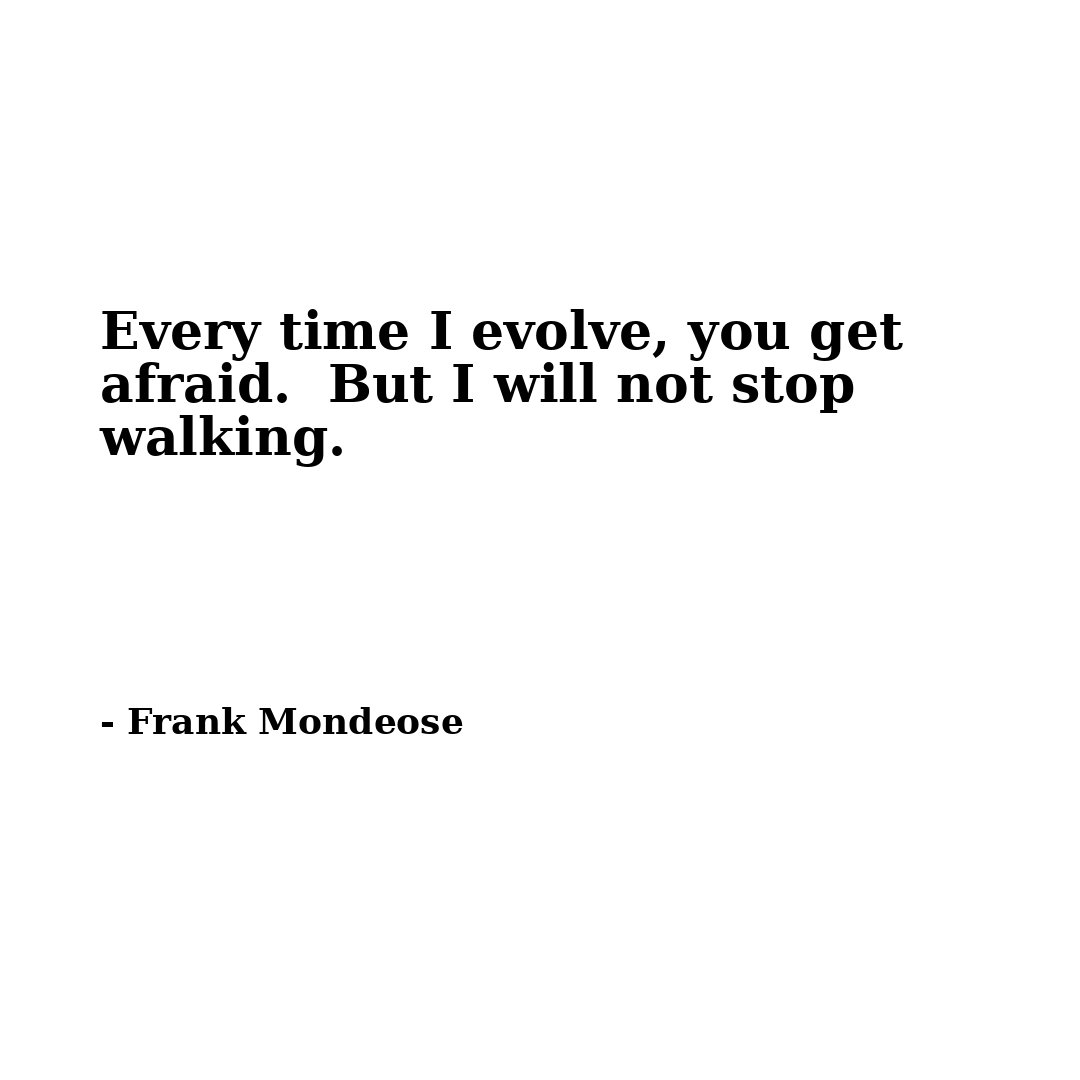Revolutionizing Political Dialogue: Frank Mondeose’s MAGA Perspective
Written by Frank Mondeose on August 20, 2024
Make America Great Again: The Deep-Seated Perspectives Fueling Frank Mondeose’s Political Stand
Key Takeaways
- Political Awakening: Frank Mondeose’s shift towards political engagement sparked by the onset of COVID-19.
- Trump’s Global Strategy: The portrayal of Donald Trump’s influence on global stability and minimization of warfare.
- Media’s Role in Politics: The adverse impact of mainstream media on public perception and political discourse.
Frank Mondeose’s Political Awakening and Its Impact
The COVID-19 pandemic was a pivotal moment for many, and for Frank Mondeose, it signaled a turning point in his political engagement. Frank transitioned from a stance of political awareness to vigorous involvement. As the host of the Daring World podcast, he now dedicates significant airtime to dissecting and disseminating his political views.
Frank’s newfound political zeal stems from what he perceives as an alarming intrusion of politics into personal realms, affecting individual realities. As he highlights, “That’s when everything changed for me, when Covid hit, and I started to get really involved in politics much more than I already was due to the fact that the politics were affecting my reality.” This transformation propelled him into the arena of vocal advocacy, even on unpopular issues.
However, this new path wasn’t without its challenges. The pressure to conform and alter his positions was palpable, often coming from within organizations he was part of. He faced attempts to “censor or fine-tune” his communications to align with popular opinion. In response, Frank chose to double down, sharing his unfiltered beliefs through social media and podcasting, thus reaching an audience receptive to his perspective.
The Underrated Value of Trump’s Global Strategy
Frank Mondeose believes that Donald Trump’s leadership significantly minimized war and conflict globally, contrary to mainstream narratives. According to Frank, Trump’s approach to international diplomacy emphasized American dominance but aimed at reducing casualties and maintaining peace.
One of the most illustrative moments he recounts involves a query posed to Trump about his stance between Ukraine and Russia. Frank points out, “When he was asked, who would you side with? Ukraine or Russia… Trump’s answer was, ‘I’ll get it done.’ I’ll clean it. It’s not about sides.” This statement encapsulates Trump’s broader strategy: tackling issues head-on without openly picking sides, thus preventing unnecessary loss of life.
Moreover, Trump’s international tour during his presidency, which included stops in the Vatican, Israel, Saudi Arabia, Japan, and Korea, is cited by Frank as indicative of his robust diplomatic efforts. Frank challenges listeners to “go, inform yourselves about what happened at the Vatican, what happened in Israel, what happened in Saudi Arabia, what happened in Korea,” suggesting that the mainstream media has overlooked these significant accomplishments. By asserting American leadership, Trump aimed to foster global stability, a narrative starkly different from mainstream portrayals.
The Media and Information Manipulation
Mainstream media’s role in shaping public perception is a recurring theme in Frank Mondeose’s discourse, with substantial skepticism directed towards its portrayal of reality. In his view, the media has been instrumental in vilifying Donald Trump and misrepresenting his achievements and intentions.
Frank laments the emotional and cognitive hijacking perpetrated by media outlets, which focus on sensationalism rather than substantive reporting. He argues, “People are hijacked emotionally and cognitively hijacked from a repetitive media and multiple angles coming and saying the same things, which are deviations, distractions.” This distorted focus has led to a populace that is misinformed and divided.
He stresses the importance of critically evaluating media sources and seeking information beyond mainstream channels. “Listen to complete speeches, instead of taking tidbits… you would learn more,” he advocates, encouraging listeners to dig deeper and form their own informed opinions.
Furthermore, Frank underscores the detrimental effects of identity politics, which he believes the media propagates to serve specific agendas. This focus on divisive issues, he argues, distracts from larger, more consequential matters such as national security, economic stability, and global peace.
Broader Implications and Potential Impacts
The implications of Frank Mondeose’s perspectives extend beyond mere political alignment; they touch upon the very fabric of societal values and national identity.
For Frank, the essence of America lies in its constitution and the freedoms it grants individuals. He warns against the erosion of these principles by what he terms the “deep state cabal” and emphasizes the need for a vigilant and engaged citizenry. “A strong America is a safer planet,” he asserts, believing that American strength and constitutional fidelity are cornerstones for global stability.
The notion of generational planning is another crucial aspect Frank touches upon. He posits that the power struggles we witness are part of a long-term strategy by elite factions to exert control over global governance. He mentions, “This is a generational takeover of an elite class through the corporate structure. That’s what corporatism is. That’s what fascism is.” Understanding these dynamics is essential for fostering a society that values freedom and resists authoritarian control.
Mondeose’s advocacy for a more profound philosophical introspection into the nature of evil further enriches the discourse. He challenges listeners to look beyond the superficial and question the root causes of systemic injustices. “What is the source of evil? And what is that virus that infects one and then continues to infect the world?” This level of inquiry can potentially lead to a more enlightened and robust resistance against manipulation and corruption.
Reflecting on the controversial and often divisive topic of abortion, Frank stresses the importance of considering broader implications. He urges for a deeper understanding and a move towards responsible and conscious practices rather than outright bans or unrestricted freedoms. This balanced approach underscores his desire for a society grounded in informed and intentional decision-making.
America’s role as a beacon of freedom, despite its imperfections, is a recurring theme in Frank’s narrative. He poses a cautionary tale against the imposition of a new global order that undermines these freedoms, advocating instead for “an imperfect America.” This vision emphasizes the value of conflict and dialogue in shaping a vibrant, democratic society.
Lastly, Frank highlights the transformational potential that individuals, unified by a common purpose and informed by comprehensive understanding, can wield. “America is a group, a country of simple people with big hearts… and when you touch the hearts of America, the American people always do what’s right when they have the information,” he states, underscoring his faith in the collective wisdom and moral compass of the American populace.
In this light, Frank Mondeose’s reflections offer a compelling call to action. They prompt listeners to engage deeply with the socio-political landscape, not from a place of division, but from a commitment to preserving and enhancing the foundational values that define America.
Moving beyond emotional manipulation and towards a paradigm of informed, intentional action may very well be the key to navigating these turbulent times and realizing the true potential of the American experiment. Let’s remember, “Let love free and remember; it’s the only way we’ll ever change anything.”






